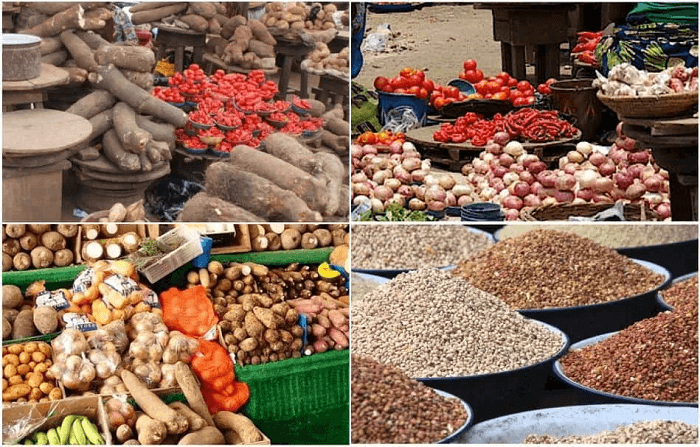According to a study conducted by Boston Consulting Group, a global management consulting firm, Nigeria and 44 other countries around the world are severely impacted by the Ukraine war-induced food crisis.
In a report titled ‘The War in Ukraine and the Rush to Feed the World,’ BCG said it looked into the multiple direct and indirect effects of Ukraine’s turmoil on global food systems in depth.
The BCG report, which was co-authored with Food Systems for the Future, also included 30 short- and medium-term solutions for responding to the crisis and improving global food system resilience.
Read Also: Telcos blame govs, others as ICT’s GDP contribution tumbles
The affected countries, which were mostly in Africa, South Asia, and Latin America, were described as “hotspots” around the world because they were experiencing the worst effects of the crisis.
According to the BCG report, Nigeria and the other affected countries faced extreme poverty, which was exacerbated by the ongoing economic and social challenges caused by the COVID-19 pandemic.
The report identified additional factors that exacerbated the food crisis, including a high reliance on food imports, high import bills, high inflation, a high debt burden, climate risks, and civil unrest.
According to the UN Task Team for the Global Crisis Response Group, an estimated 1.7 billion people, the majority of whom live in developing economies, could face severe increases in food insecurity, higher energy prices, or higher debt burdens.
It stated that each of these factors had a negative impact on people’s ability to feed themselves.
“At the same time, there is a critical need to address them more holistically and across all sectors in order to reshape our food systems so that we can counteract this—and future—humanitarian crisis,” it stated.
Read Also: APC screening panel clears Jigawa gov, Badaru Abubakar, for presidential primary
“The impact of the Ukraine war on our food systems calls for a critical and immediate review of our budgetary allocation,” said Stefano Niavas, Managing Director and Partner at BCG Nigeria.
“Currently, Nigeria spends more than 27 times its agriculture budget on debt service. With the Ukraine conflict and the lingering challenges of COVID-19, the continent’s average debt-to-GDP ratio is expected to rise from 60% to 70%.
“To reduce the crisis’ impact on Nigeria’s food systems, the government and all key stakeholders should ensure that the rising cost of food and fertiliser is stabilised by providing viable seedlings, promoting the growth of alternative nutritious grains, and encouraging the adoption of innovative farm practises.” Alternative fertiliser sources will help reduce the country’s reliance on food imports.”
![]()


